John Gulliver: Wake up to this, he’s not ‘just tired’
For World Narcolepsy Day, let's reflect on how the 'sleepy' condition is portrayed
Friday, 27th September 2024 — By John Gulliver
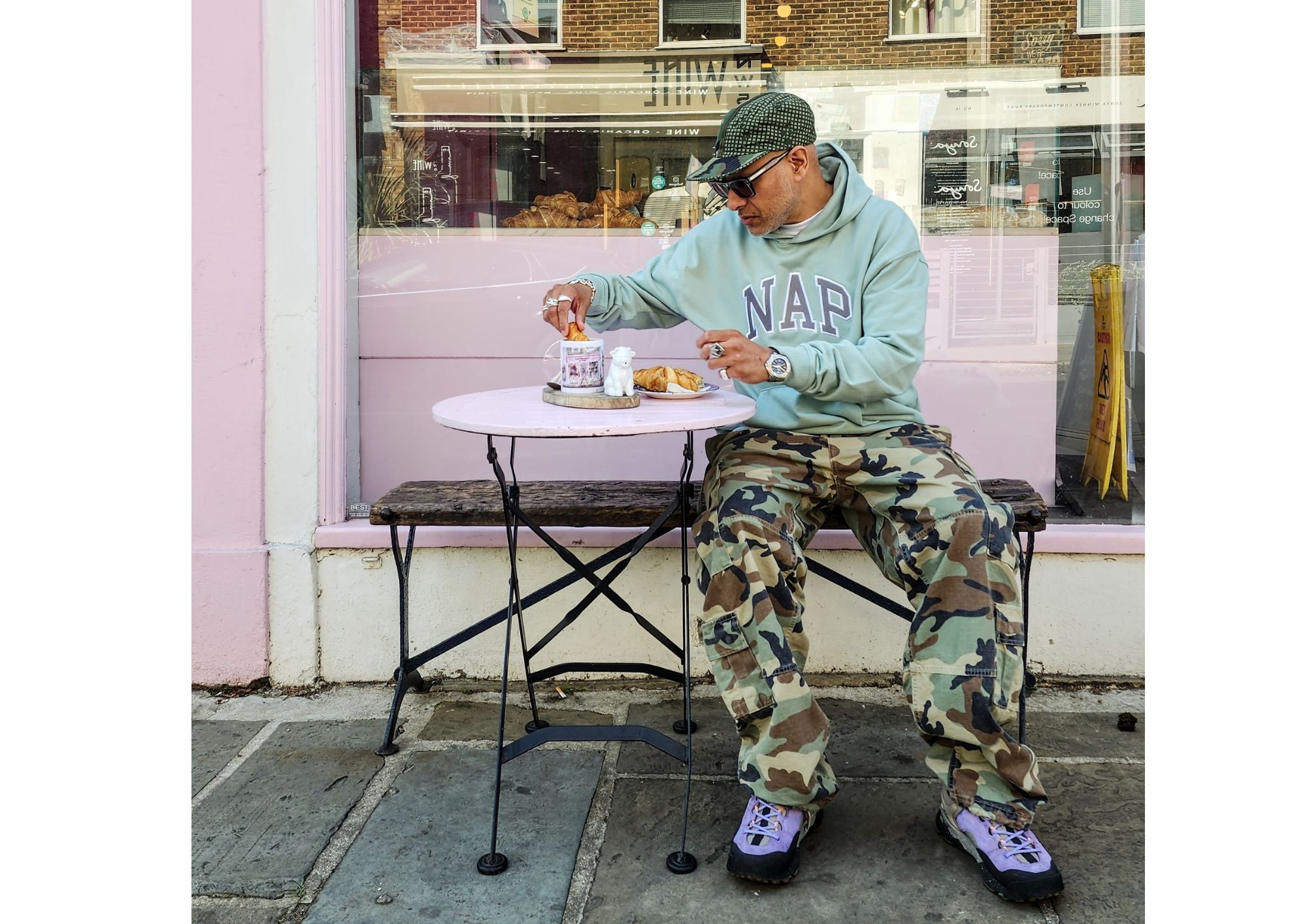
Kish Kash @KishKash1 looking spot-on at Truffles
ELLIE, a loveseeker on Channel 4’s First Dates, explained last week that she might fall asleep if her match was boring, and asked the barman to make her a disguised energy drink. She ordered some Espresso Martinis before explaining she had narcolepsy.
It was a shame we didn’t learn too much more about her condition beyond the fact she had fallen asleep in lots of unusual places, as it’s a programme which usually treats life’s challenges well. On this occasion, however, the attention was swiftly stolen away by the date across the table who dominated the edit by parading her love for polygamy and revealing she had come on the show despite already being in a relationship.
Narcolepsy too has come up in Amazon’s silly series The Boys, where the hero Black Noir suddenly falls asleep in the middle of a fight.
In an episode of The Simpsons, Homer escapes chores by blaming a narcolepsy diagnosis, while Rowan Atkinson puts on all manner of screwball expressions in the rather desperate film Rat Race while playing narcoleptic Deuce Bigalow.
It’s all fun and games, it seems, a matter of curiosity – until you speak to somebody who has actually suffered from what for many can be a terrifying condition. Chronic sleepiness can take hold in the middle of the day – and it’s easy to make jokes about how we all may feel like that after a big lunch, but this is serious, uncontrollable and all of a sudden the sufferer’s eyes are closed.
It’s not hard to think of the disruption and dangers this comes with.
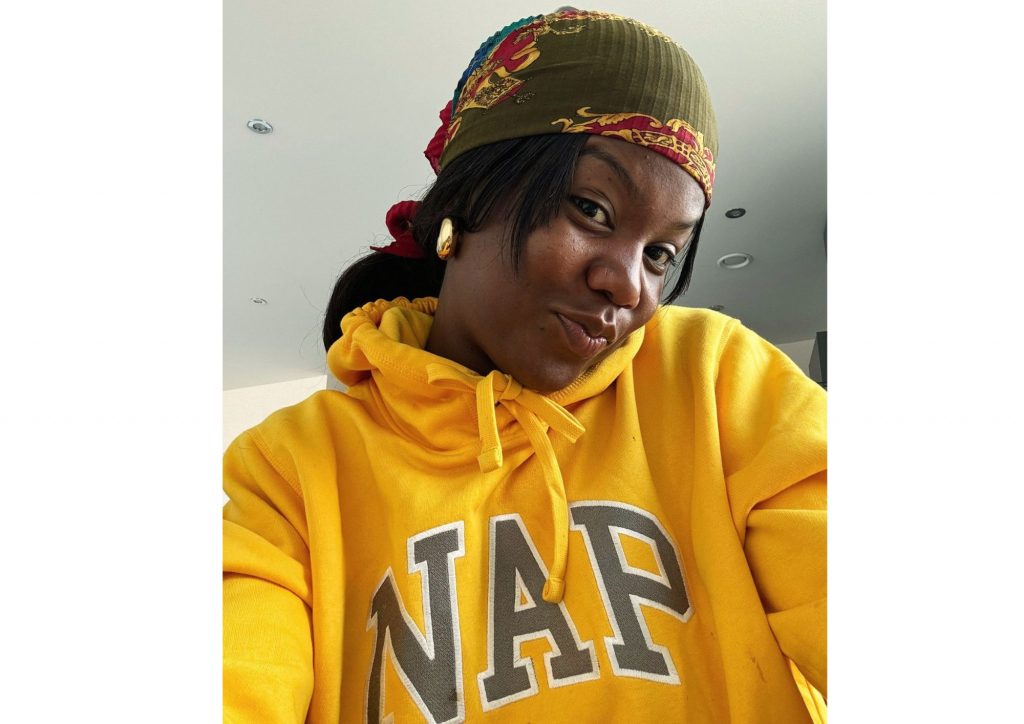
Shanice Mears, head of talent at a creative marketing agency, who has narcolepsy and one of the NAP hoodies
I guess in a way that I was lucky to know more about it because a friend in the school football team had been diagnosed in his teens after doctors finally realised he wasn’t “just tired” or, wait for it, “growing too quickly”.
For classmates like us it just seemed at that age this must be something that some people had, because he had it. Elsewhere, it’s clear people lacked the same tact.
I don’t remember even asking him about it later during our clubbing days, but when you see the passion and welcome freedom with which Brett Booth talks about it now – I sort of wish I had.
“I was alone with it my whole life,” Brett says. “I hid it from everyone, except those living and working in very close proximity. I never disclosed it on a job application. I was way too scared of being dismissed. Recently I engaged in the community aspect of these things. It’s helped put my own experience in a whole different context.
“From what I am reading and hearing from my peers is that it has taken lots of people the best part of a decade for a diagnosis. That’s why Narcolepsy Awareness is so important.”
And Sunday was World Narcolepsy Awareness Day, and Brett could be found at Truffles in Dartmouth Park shooting pictures of his friend Kish Kash – that Camden resident, streetstyle afficionado and all round cultural architect – as he modelled the clever NAP hoodies Brett has designed as his way of getting the message across.
NAP stands for the Narcolepsy Awareness Project and Brett has always had an eye for a design, leaving a career in chartered surveying early to pursue interests in music, art and marketing.
Greater awareness, as Brett points out, means the condition will be spotted more easily.
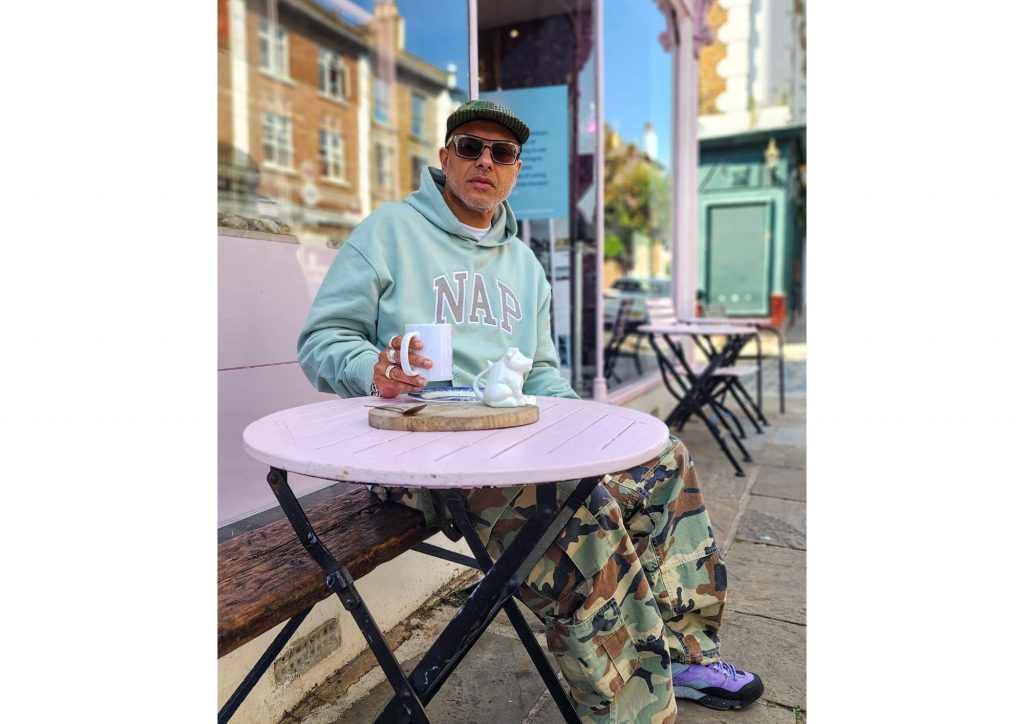
One in every 2,000 people are estimated to have it – four million people across the world, but too few are getting the diagnosis they need to unlock treatment and support. Instead, they live on with ugly symptoms such as nightmares, sleep paralysis and those moments of sudden sleep in the day.
“People are dropping out of education, losing jobs, putting themselves in danger every day,” Brett says. “And they have no idea how to do anything about it.”
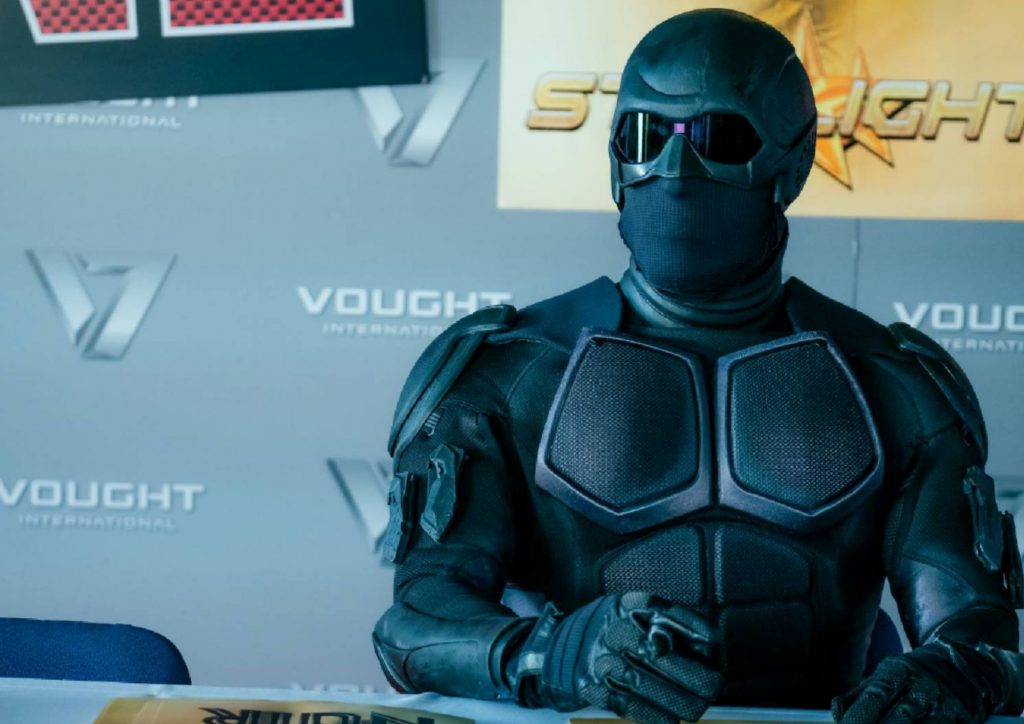
Black Noir in The Boys and Ellie from First Dates
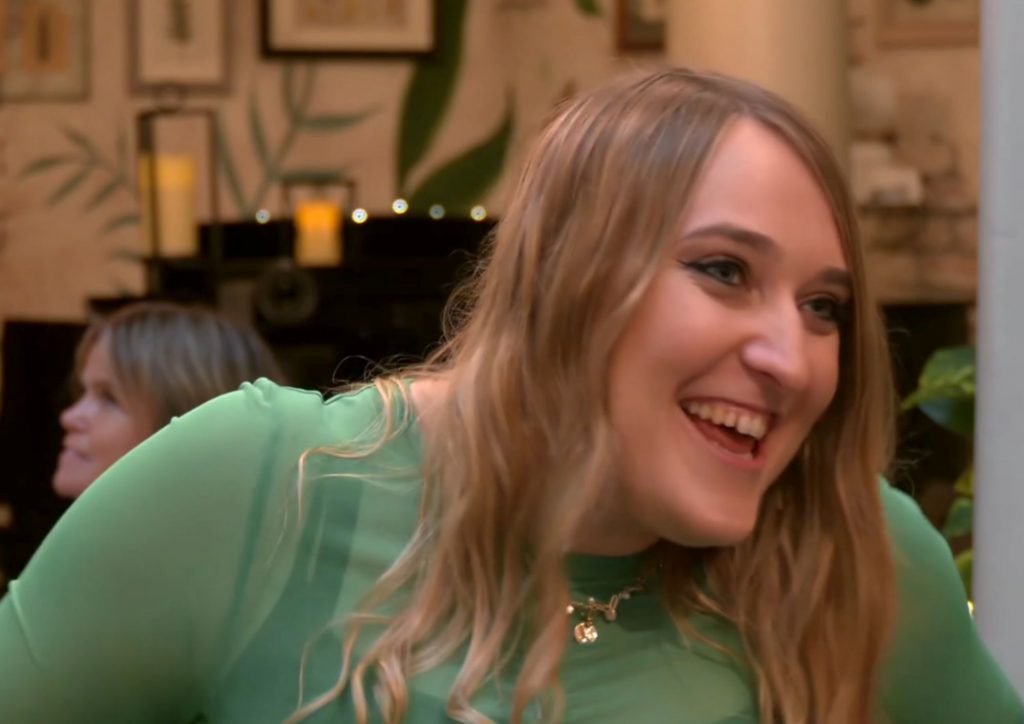
It’s understandable then that the light-hearted nature with which these episodes are often treated in film and TV remains a bugbear for sufferers sharing their experiences. Of course, everybody has room to laugh at themselves, whatever their circumstances – that’s part of life.
But you can sense the tension when narcolepsy is presented only as a vehicle for apparent light relief or swiftly glossed over, at the exclusion of using the same media storytelling to actually understand, explain and educate.
So let me do just that and signpost you to Brett’s site at www.narcolepsyawarenessproject.com – where you’ll get a bit more information and the chance to help by buying a hoodie or something equally fashionable.
